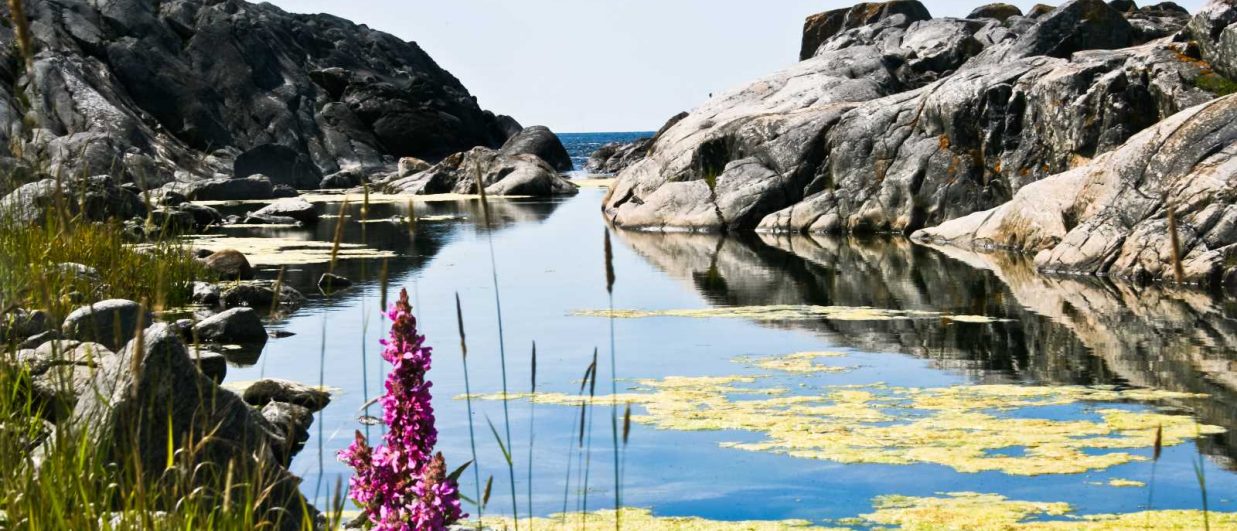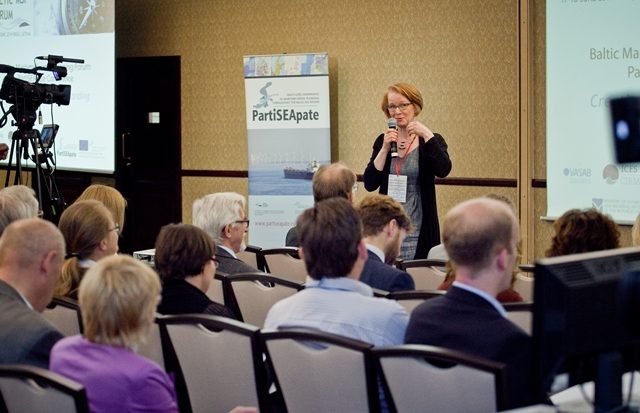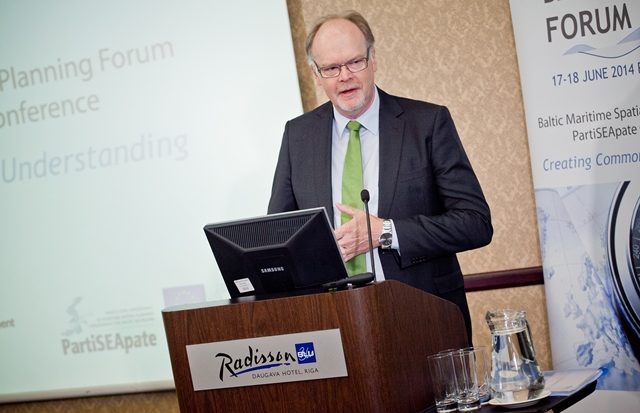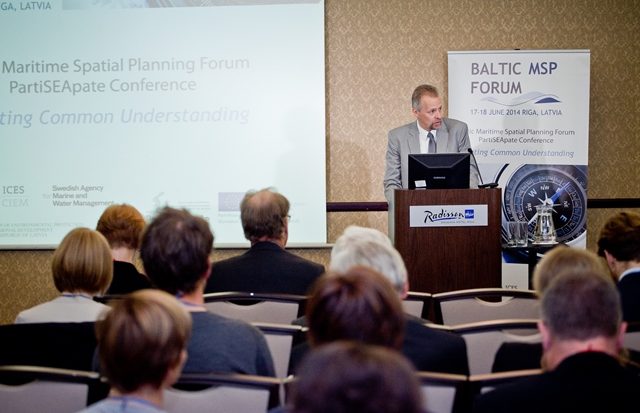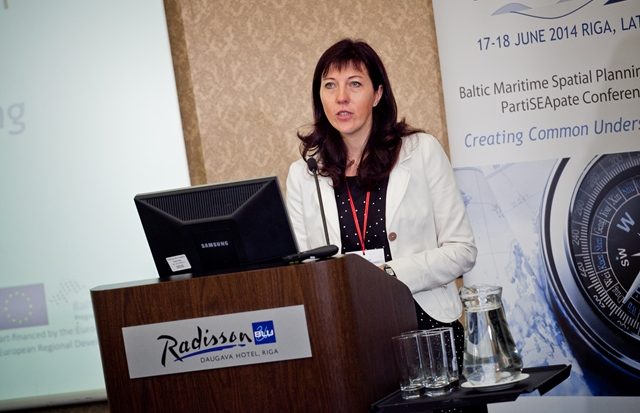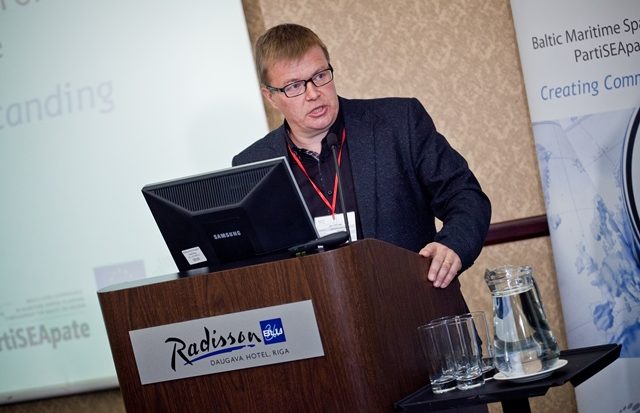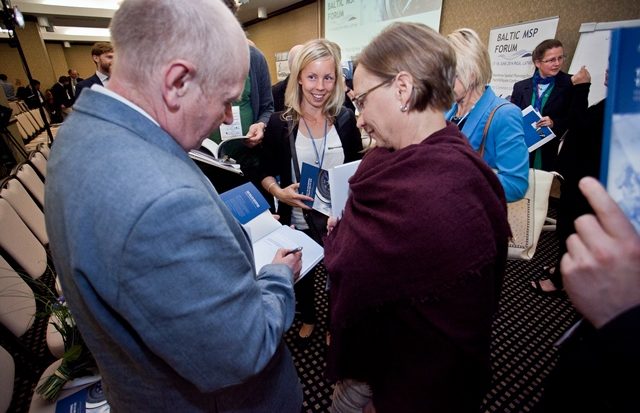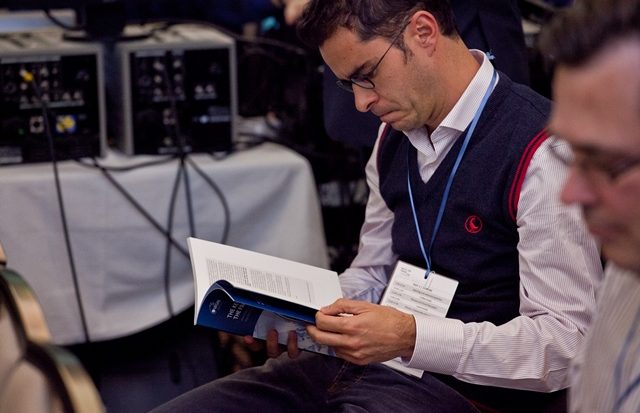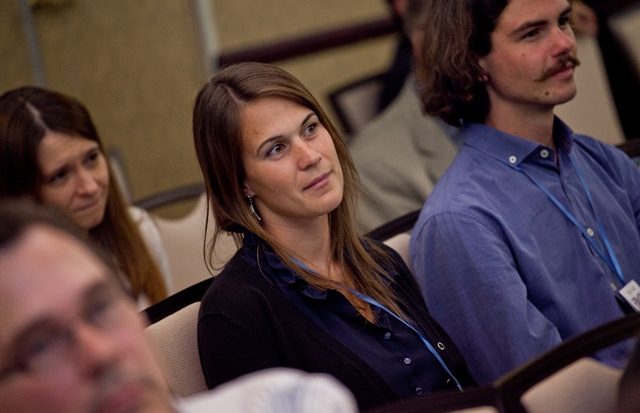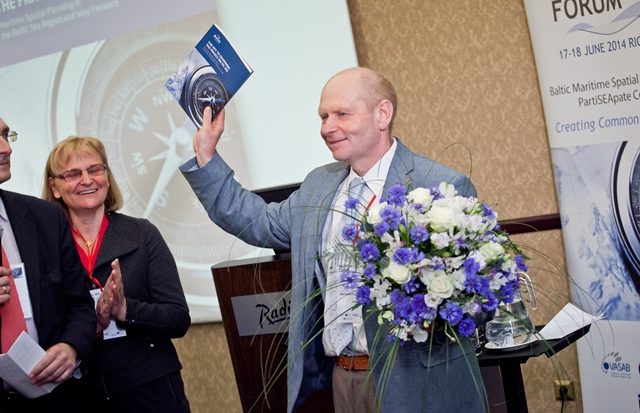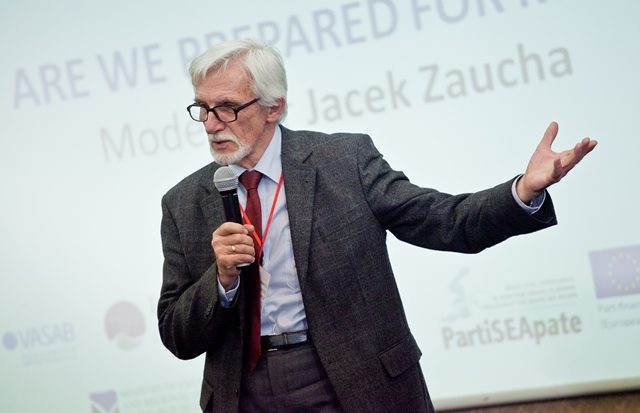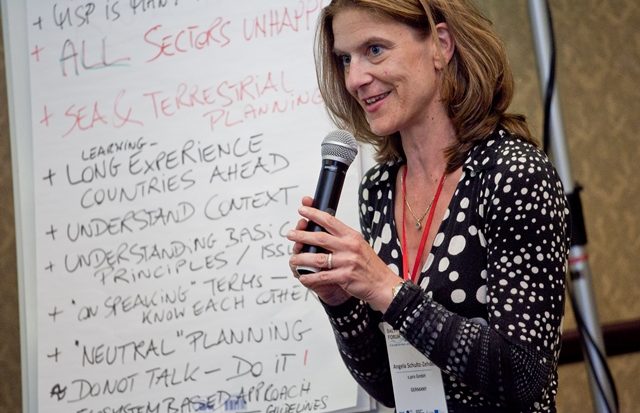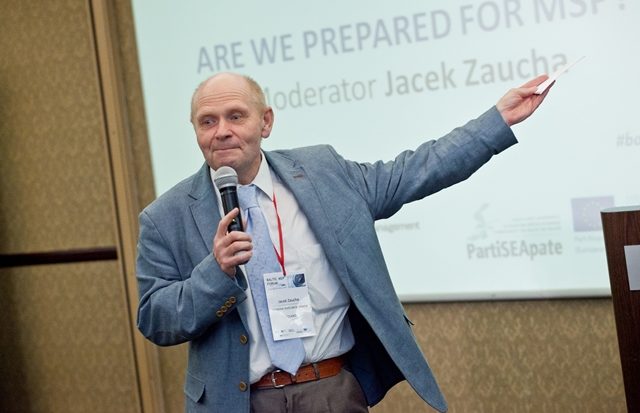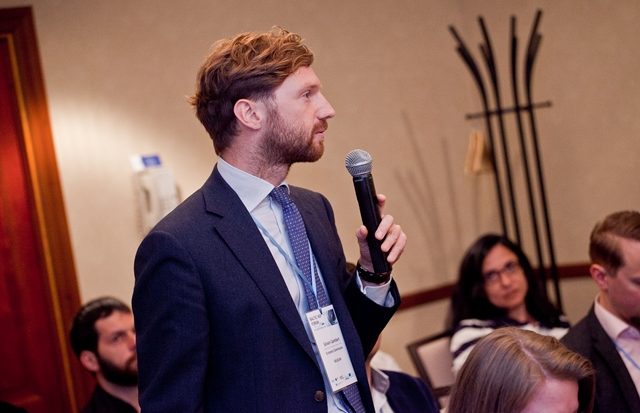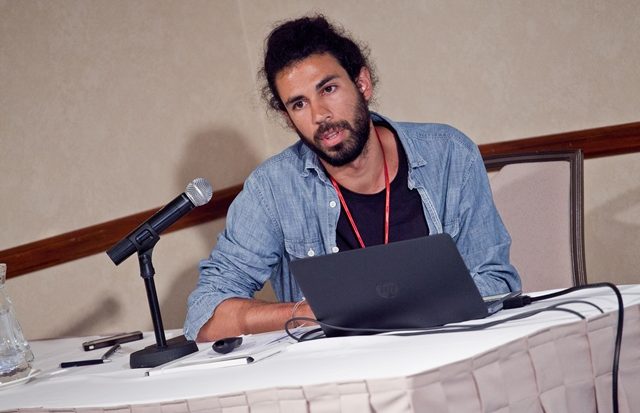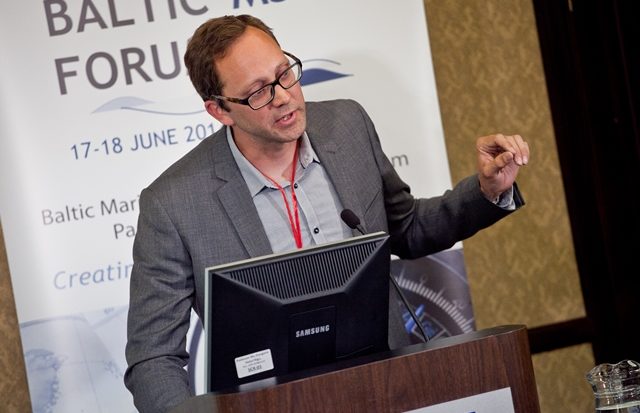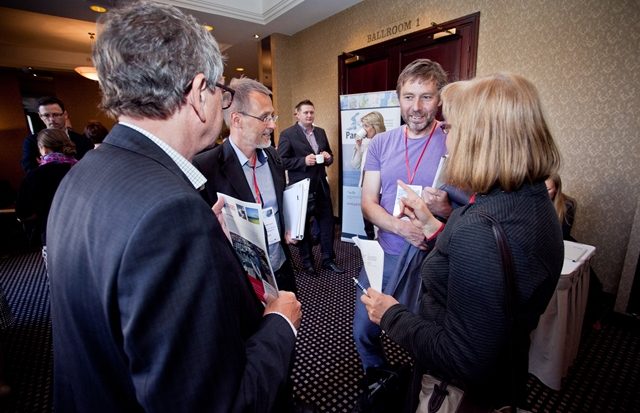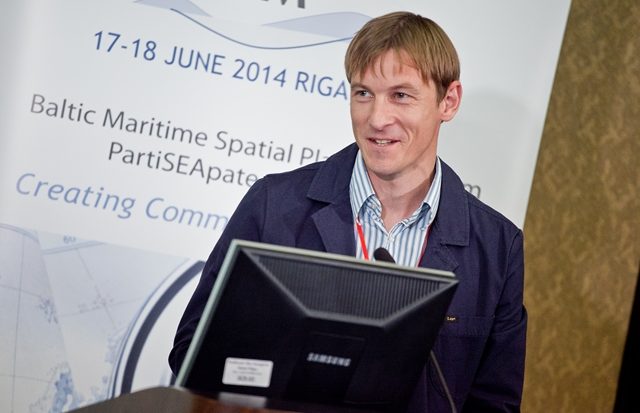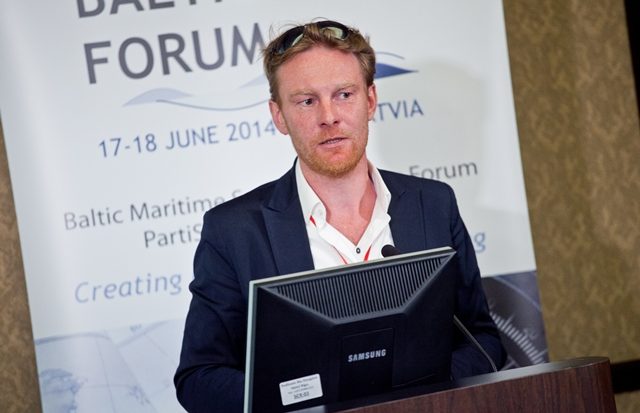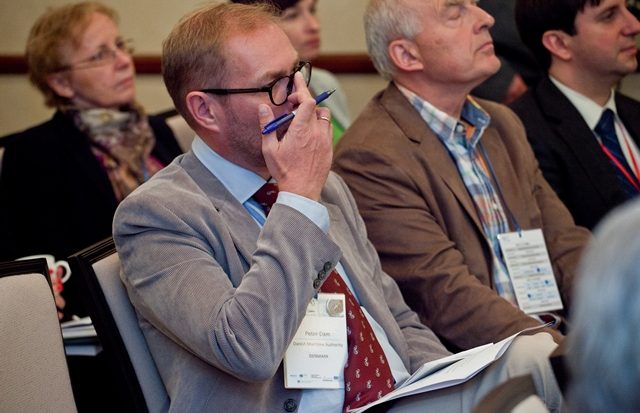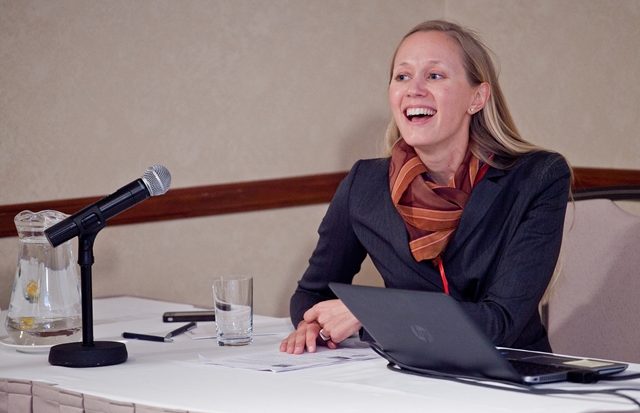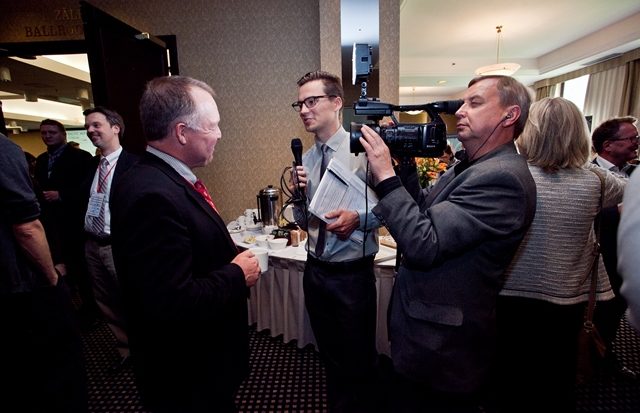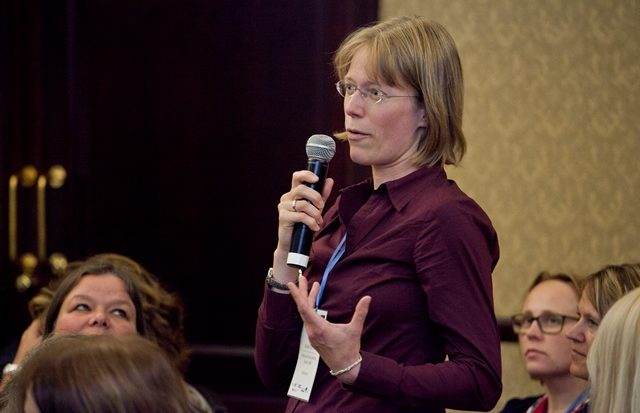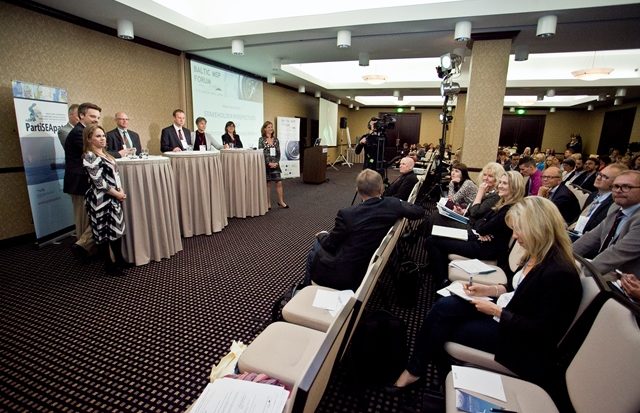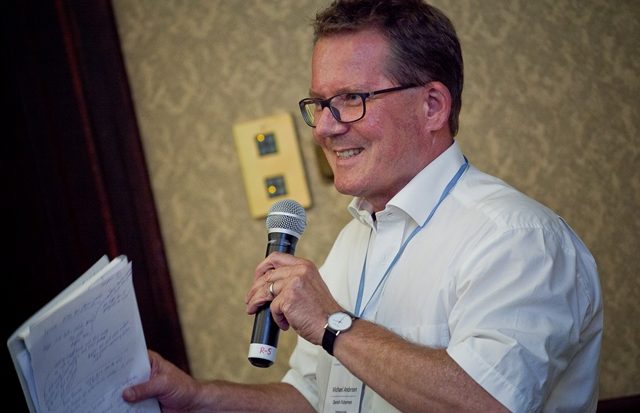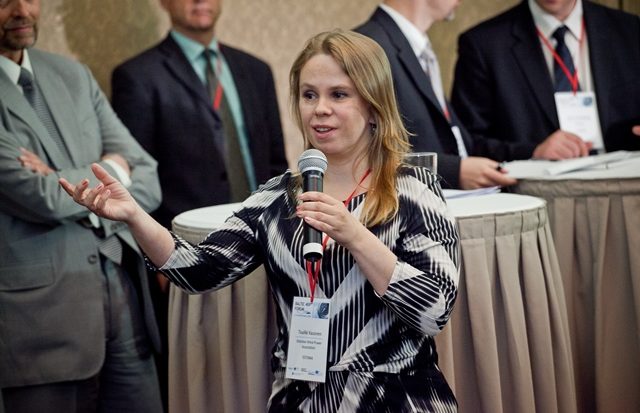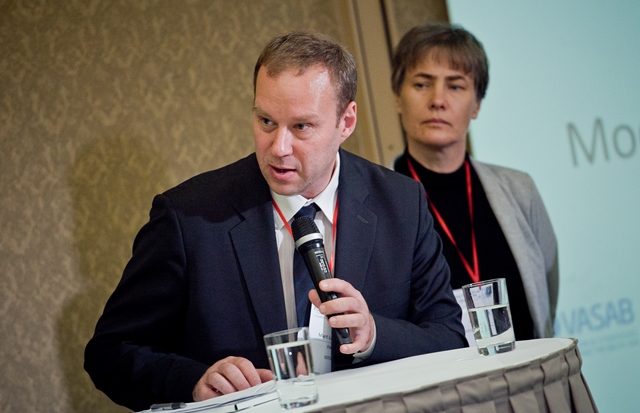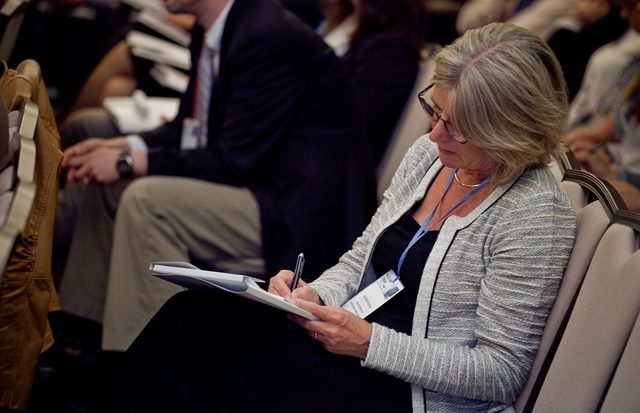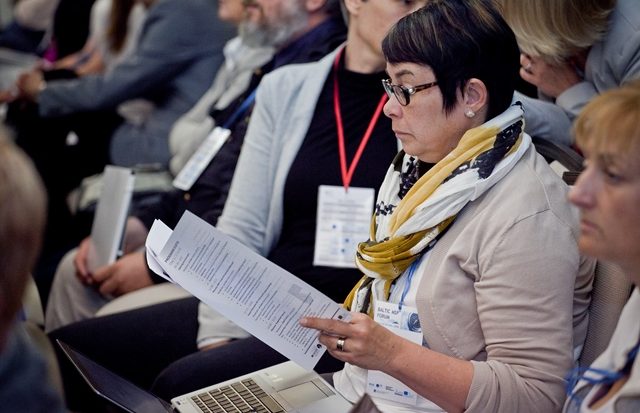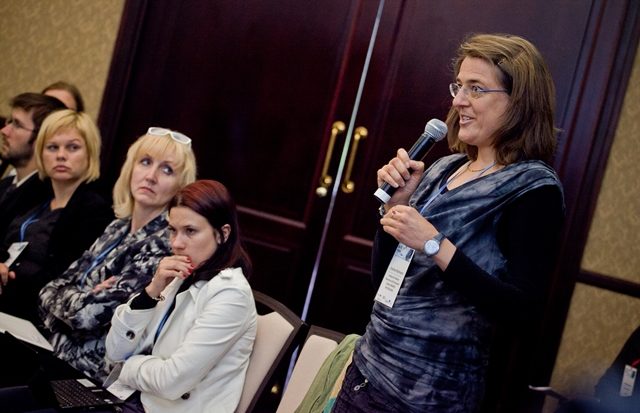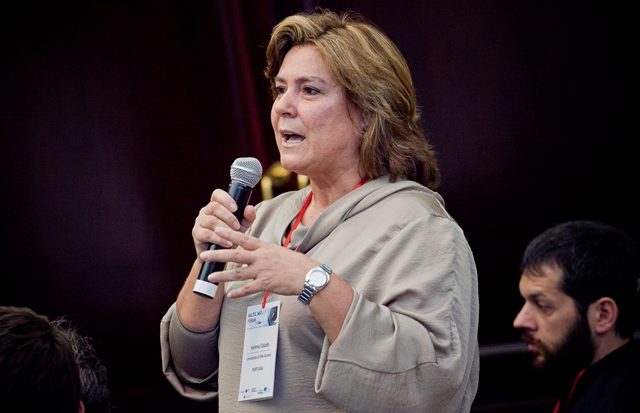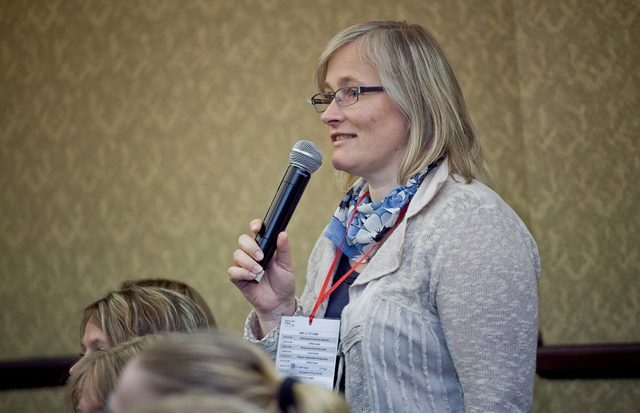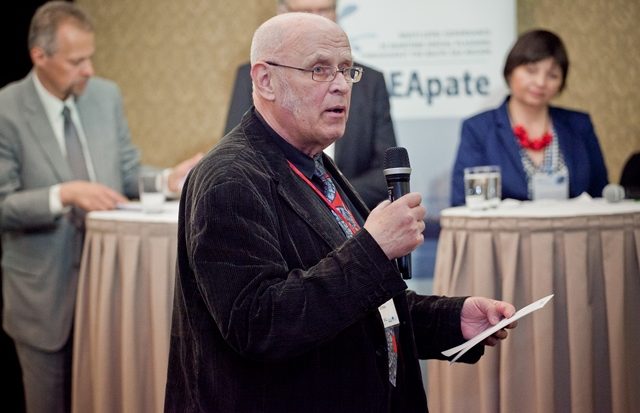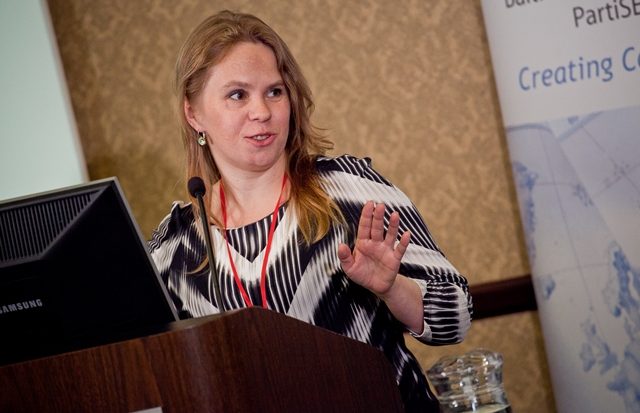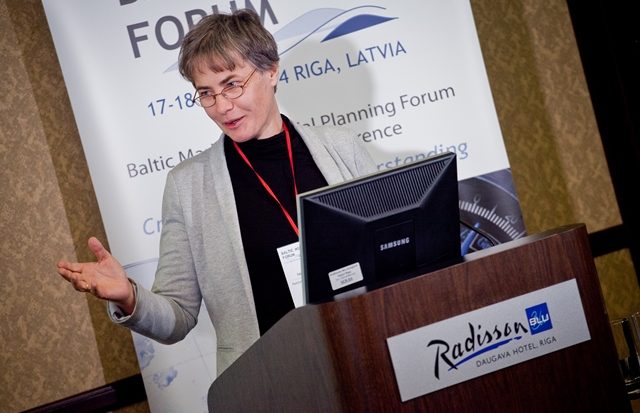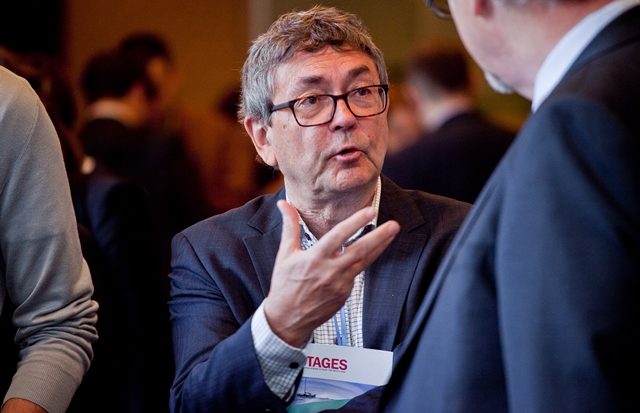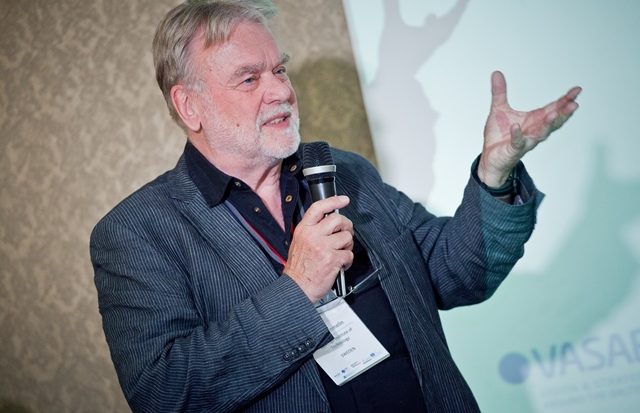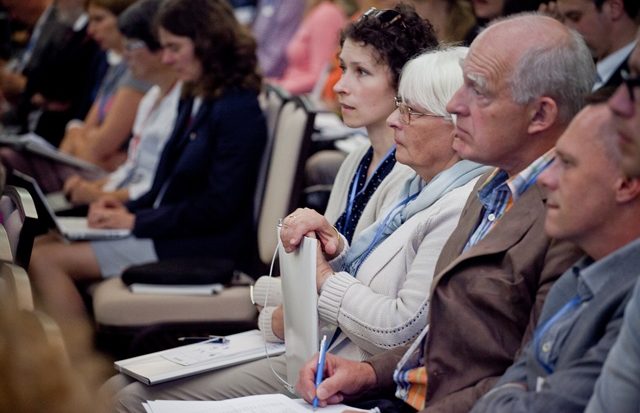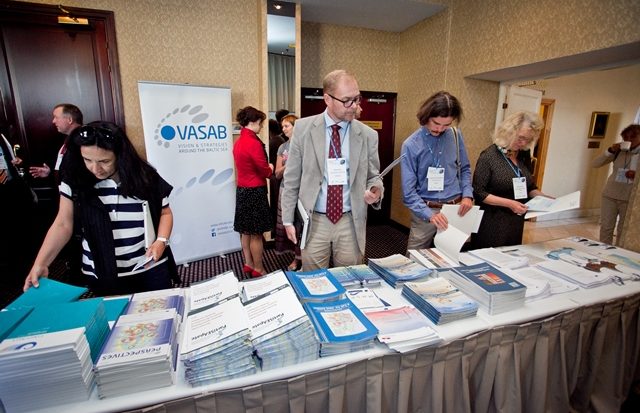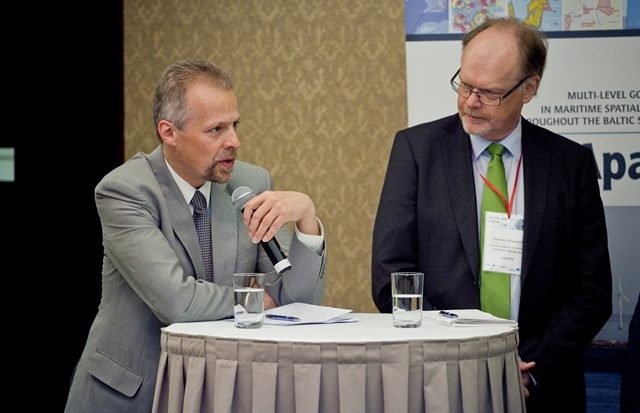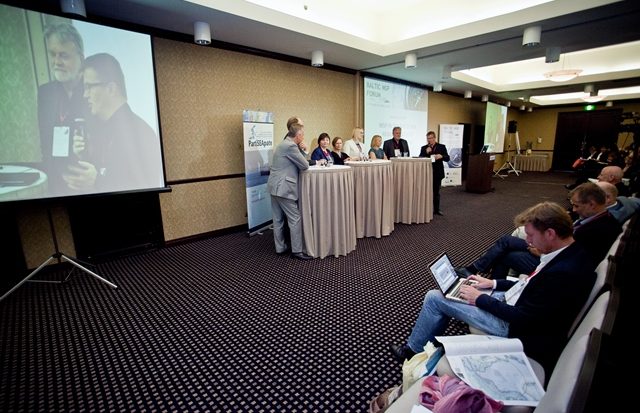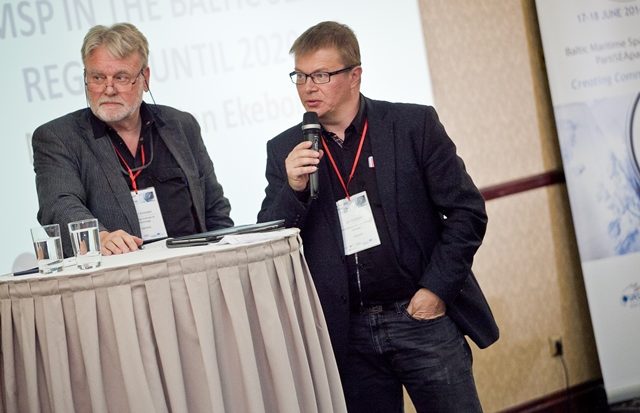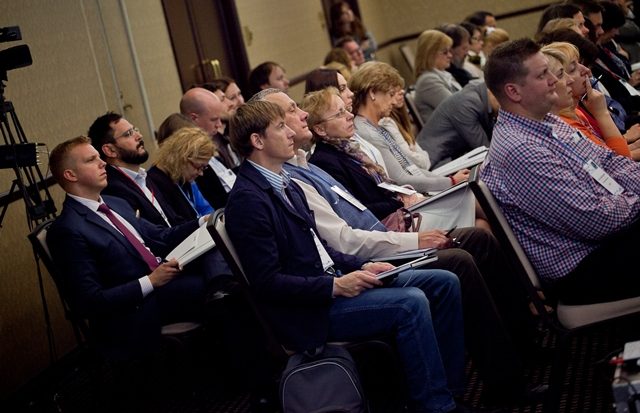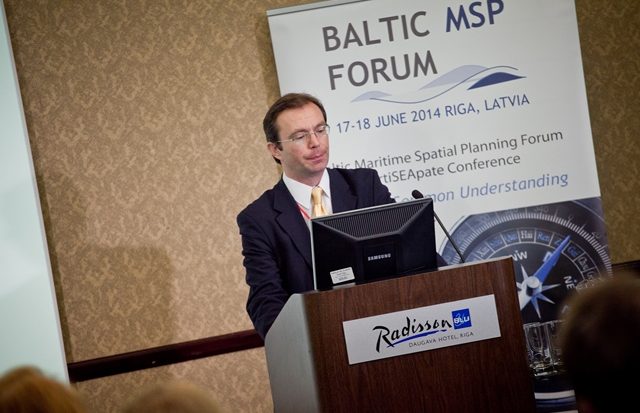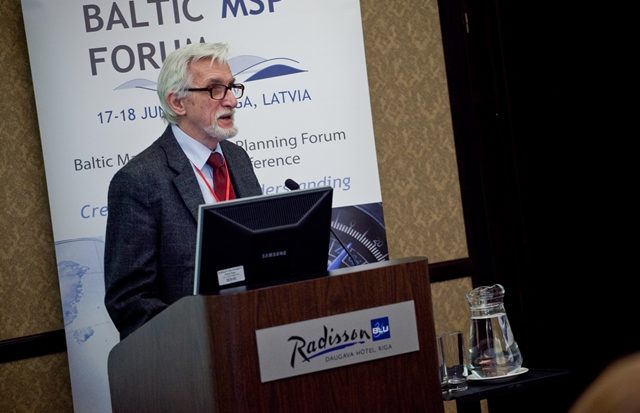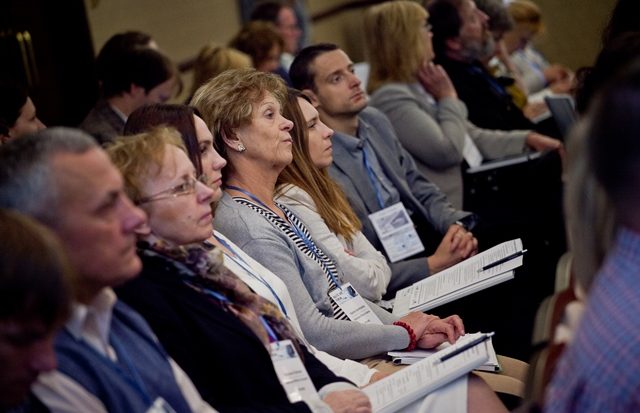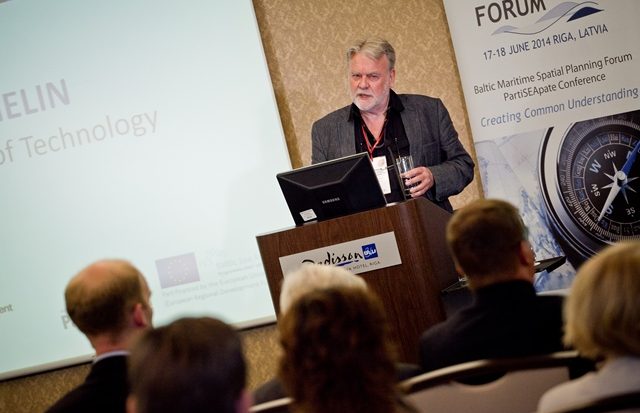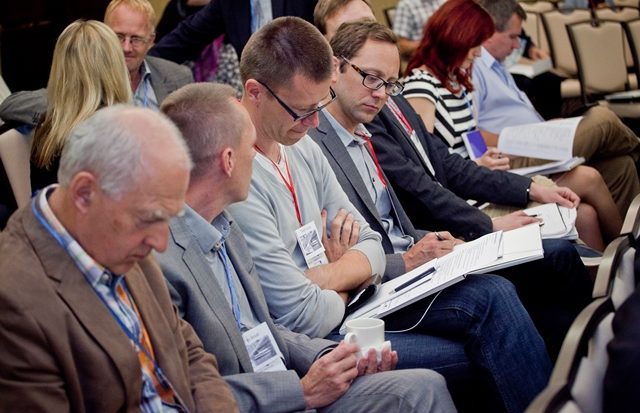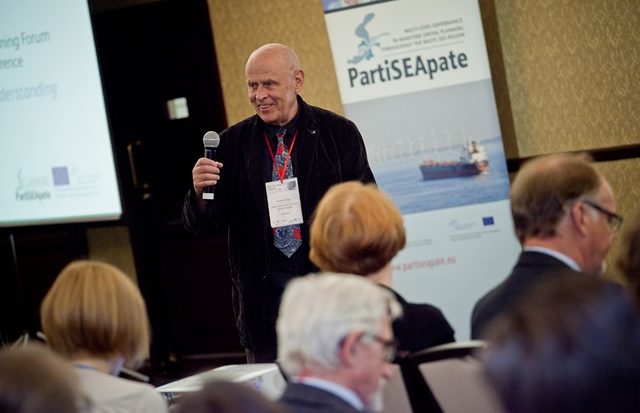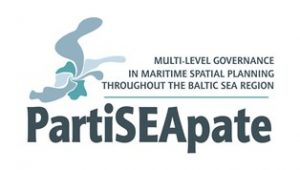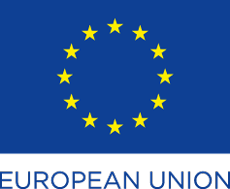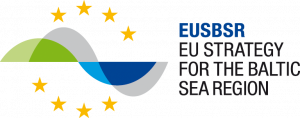PartiSEApate Final Conference
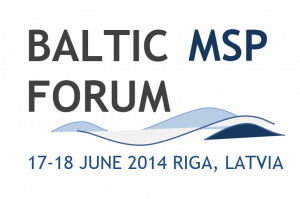 VASAB together with the PartiSEApate project organised the Baltic Maritime Spatial Planning Forum – PartiSEApate Conference which took place on 17th – 18th June, 2014 in Riga, Latvia.
VASAB together with the PartiSEApate project organised the Baltic Maritime Spatial Planning Forum – PartiSEApate Conference which took place on 17th – 18th June, 2014 in Riga, Latvia.
The forum served as a platform for discussions among those involved and affected by Maritime Spatial Planning on how to further develop and enhance MSP in the Baltic Sea Region.
The purpose of the Forum was:
- Bring together practitioners and researchers interested in maritime spatial planning (MSP), as well as policy makers and stakeholders involved in marine and coastal activities;
- Show experiences and practices on MSP approaches and marine resources management;
- Establish a maritime spatial planners platform for exchange of knowledge and experience and discussion on practical and technical planning matters;
- Discuss conclusions and recommendationsof the PartiSEApate project on Concept for a transnational institutional and governance model on transnational coordination, agreements and data exchange in MSP, Recommendations for transnational MSP and stakeholder involvement process;
- Discuss transposition and application of the upcoming EU Directive on establishing a framework for MSP and integrated coastal management;
- Discuss on how to enhance and ensure continuity of maritime stakeholder dialogue;
- Propose further steps for a successful implementation of the Regional Baltic MSP Roadmap 2013-2020;
- Set the basis for new cooperation projects under HA Spatial Planning of the EUSBSR;
- Investigate further needs in capacity building and specialized education related to MSP;
- Contribute to the upcoming VASAB Ministerial Conference by devising new sea basin approaches in order to draw up and apply of trans-boundary ecosystem-based maritime spatial plans to the Region by 2020.
Participants: Approximately 200 persons (MSP practitioners, marine researchers, project PartiSEApate partners, decision makers and stakeholders).
Forum covered the following topics:
- Latest Developments in MSP in the Baltic Sea and other European Sea Basins;
- Sectors Perspectives on the benefits of MSP in the Baltic Sea;
- MSP and Environmental Protection;
- How to enhance Baltic Sea wide cooperation and consultation on MSP;
- Ways of Multi-Level Public Participation in MSP;
- Research and Data needs for MSP.
The discussions were supplemented by an exhibition of case studies, tools and data modules relevant for spatial planning.
Co-organizers:
The International Council for the Exploration of the Sea (ICES)
Swedish Agency for Marine and Water Management
Ministry of Environmental Protection and Regional Development of Latvia
 |
